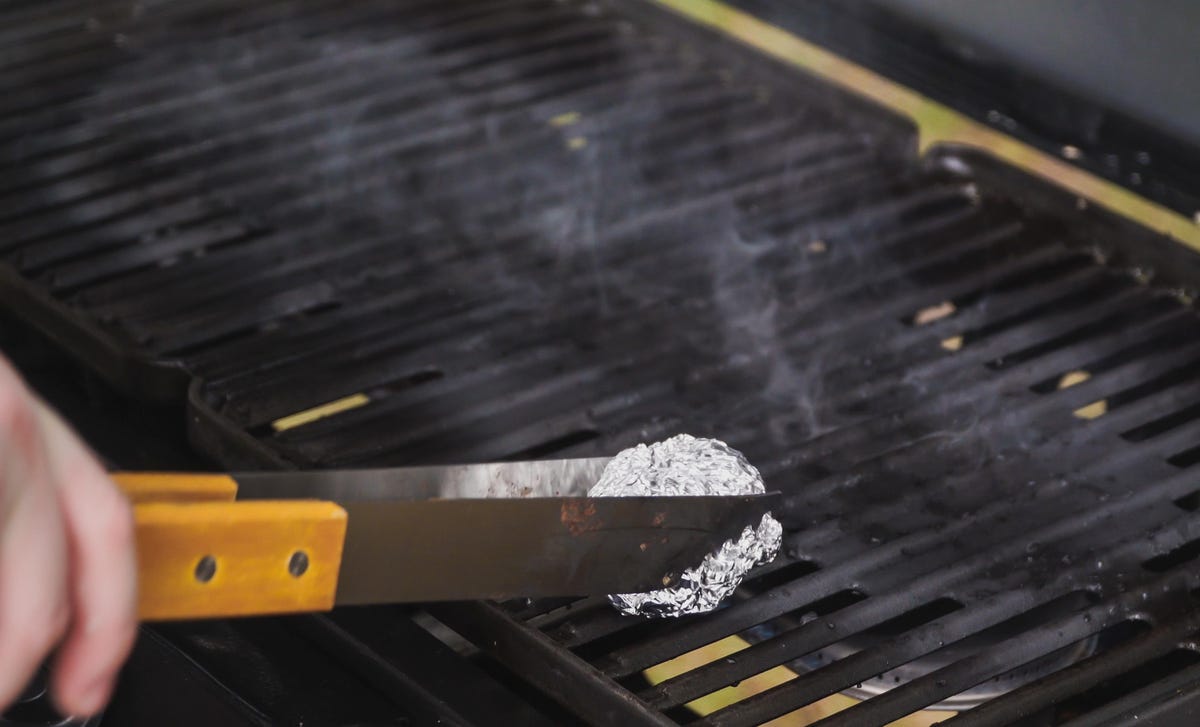Best Oil to Season Grill Grates: Enhance Your BBQ Experience
Written By James Morgan
When it comes to elevating your barbecue game, understanding the importance of seasoning your grill grates cannot be overstated. The best oil to season grill grates is crucial for ensuring a non-stick surface, preventing rust, and enhancing the flavor of your grilled foods. In this article, we'll delve into the best practices for seasoning your grill grates and explore the most effective oils for the job.

Why Seasoning Your Grill Grates Matters
Seasoning your grill grates is more than just a preparatory step; it's an essential process that contributes to the overall quality of your grilling experience. Proper seasoning forms a protective layer on the grates that prevents food from sticking and makes cleaning a breeze. Moreover, it helps in extending the lifespan of your grill by preventing rust and corrosion.
The Science Behind Seasoning
Seasoning involves applying a thin layer of oil to the grill grates and heating them to a high temperature. This process polymerizes the oil, creating a hardened, non-stick coating. The choice of oil plays a significant role in this process, as different oils have varying smoke points and properties that affect the seasoning outcome.
Choosing the Best Oil for Seasoning
When it comes to selecting the best oil to season grill grates, there are several factors to consider. The oil should have a high smoke point, be neutral in flavor, and have properties that promote the formation of a durable non-stick layer. Some of the top contenders include:
1. Flaxseed Oil
Flaxseed oil is often hailed as the superior choice for seasoning grill grates due to its high smoke point and ability to create a hard, durable coating. It polymerizes well, forming a robust non-stick surface that enhances the grill's performance.
2. Canola Oil
Canola oil is a popular choice among barbecue enthusiasts due to its availability and affordability. With a high smoke point, it is an excellent option for seasoning grill grates and offers a neutral flavor that won't interfere with the taste of your food.
3. Grapeseed Oil
Grapeseed oil is another great option for seasoning grill grates. It has a high smoke point and a light flavor, making it suitable for various types of grilling. Its properties allow for a smooth, even coating, ensuring a non-stick surface.
How to Season Your Grill Grates
Now that we've explored the oils suitable for seasoning, let's dive into the step-by-step process of seasoning your grill grates:
Step 1: Clean the Grates
Before you begin, ensure your grill grates are clean. Use a grill brush to remove any food residue or debris. For a deeper clean, check out these cleaning tips.
Step 2: Apply Oil
Using a paper towel or a brush, apply a thin layer of your chosen oil to the entire surface of the grates. Be sure to coat all areas evenly for consistent seasoning.
Step 3: Heat the Grill
Preheat your grill to a high temperature, around 400F to 450F. Allow the grates to heat for about 30 minutes. This will help the oil polymerize and bond with the metal, creating a non-stick layer.
Step 4: Repeat the Process
For best results, repeat the oiling and heating process two to three times. This will ensure a strong, durable seasoning that enhances your grilling experience.
Maintaining Seasoned Grill Grates
Once your grill grates are seasoned, it's important to maintain them to maximize their lifespan. After each grilling session, gently clean the grates with a brush to remove any leftover food particles. Regularly reapply oil to maintain the non-stick coating.
Storing Your Grill
Proper storage is crucial for maintaining your grill grates. Ensure they are completely dry before storing them to prevent rust. Consider using a grill cover to protect them from the elements.

FAQs
Q: How often should I season my grill grates?
A: It's recommended to season your grill grates every few months or whenever you notice food starting to stick.
Q: Can I use any oil to season my grill grates?
A: While you can technically use any oil, it's best to choose oils with high smoke points, like flaxseed, canola, or grapeseed oil, for optimal results.
Q: What if my grill grates rust?
A: If rust forms, clean the grates thoroughly and re-season them. Regular maintenance and proper storage can help prevent rust.



